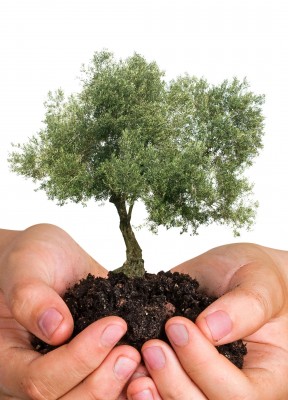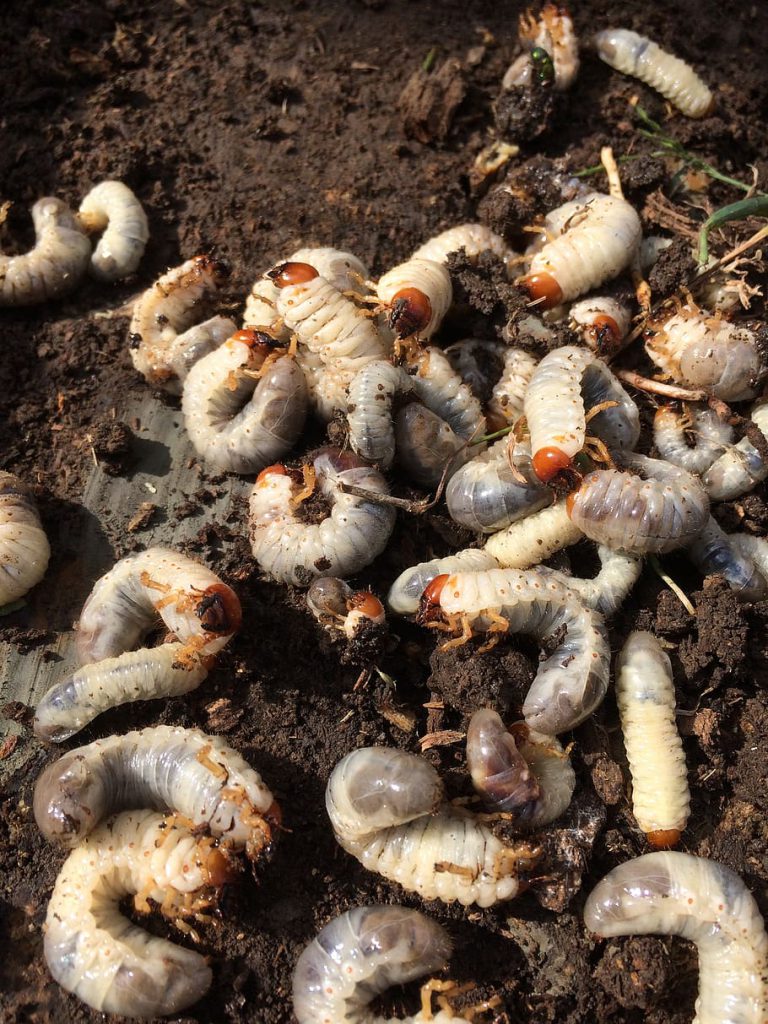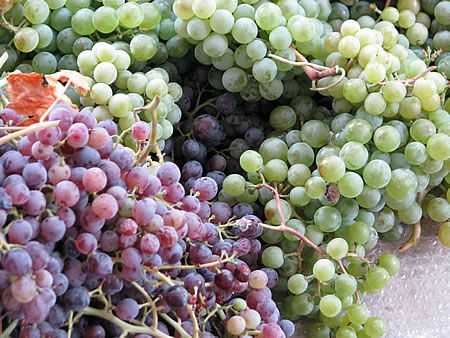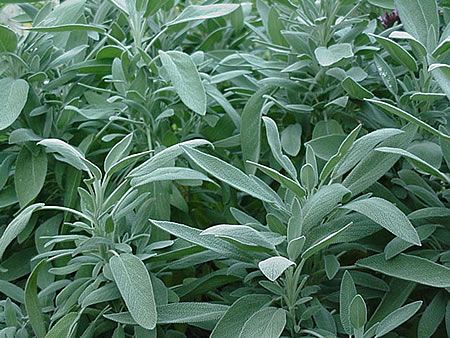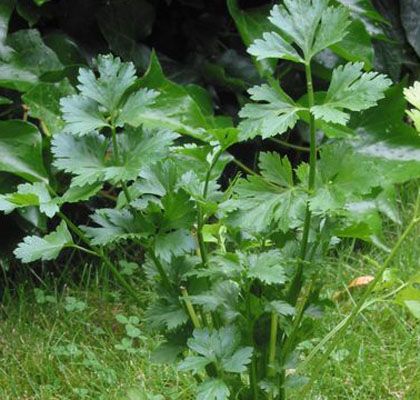I discovered this little treasure trove of knowledge that describes everything one wants to know about the proper cultivation of the olive tree and I want to share it with you.
The thesaurus is a PDF file from the Union of Agricultural Cooperatives of Rethymnon, Crete, Greece.
A series of scientists from the Technological Educational Institute of Crete School of Agricultural Technology, educate farmers and olive growers on everything they need to know about organic, integrated olive cultivation.
You don’t have to be a professional farmer to appreciate the knowledge contained in the 292-page booklet (a small book).
Even if you only have one or a few olives and are interested in doing things right, you will find valuable information and knowledge here.
Click here to download the 292-page PDF guide to olive growing (PDF – 8.92MB).
Project deliverable of Reg. 2080/ 2005 of Rethymnon, Action Biv (1) “Practical demonstration of olive cultivation techniques (organic, integrated agriculture) in producer groups”.
Preface
Nowadays the consumer public, especially in developed countries, is increasingly turning to certified food products, which meet production standards that guarantee safe and healthy nutrition and respect for the environment.
Such products are produced through integrated production management systems or organic farming.
In Greece, the Organization for the Certification and Supervision of Agricultural Products (O.P.E.G.P., with the distinctive mark AGROCERT) has been established, which for the certification of Integrated Production Management developed the standards AGRO 2.1. and 2.2.
Organic farming covers similar needs and offers similar benefits to producers and society. The demand for organic products both in our country and internationally is constantly increasing.
In Greece, organic production started in 1993 with the implementation of Reg. (EEC) 2092/91, which provided for the provision of incentives for organic plant production. More recently, similar incentives have been introduced for organic livestock production. In our country, the certification of organic farming is carried out by independent bodies such as the Organic Products Inspection and Certification Organization DIO, SOGE, BIOELLAS, Physiological etc.
The 292-page PDF file that you can download and read is an educational material prepared by the experienced teachers of the Faculty of Agricultural Technology of the Technological Educational Institute of Crete. It was distributed during the Training held by the teachers of the TEI of Crete under the auspices of the Rethymnon EAS.
The topics developed were chosen after a study by the TEI on the olive growing in Rethymnon, in the context of which a large number of visits have been made in recent years to all the olive growing areas where the Rethymnon Olive Growers Association is active.
Contents
The study group
Report on the design and development of the training/demonstration material
Report on the implementation of the demonstration practices
Evaluation report of the training and demonstration practice
Evaluation of the knowledge of the olive growers of the Rethymnon olive oil mill
Waste & Residues in the Olive Grove
Lecturer: Thrasybulos Manios
Information and Instructions for the Effective and Safe Use of Plant Protection Products
Lecturer: M. Papailiakis
Irrigation of Olive Trees
Lecturer: S. Lionakis
Olive tree diseases
Lecturers: Dr. Dimitris Goumas, Christos Gatzilakis
General information on the cultivation of the olive tree Physiology of flowering – Causes of blossom failure
Lecturer: S. Lionakis
Soil Erosion
Lecturer: Dr. Konstantinos Sinanis
Soil Management – Soil Treatment
Lecturer: Γ. G. Spanakis
Olive Tree Inoculations
Lecturer: Γ. G. Kolioradakis
The Integrated Management of Olive Pests
Lecturer: E. Alissandrakis
Nutritional problems and foliar diagnostics in the context of Integrated Management
Lecturer: Plutarch Chikalas
Codes of Good Agricultural Practice, Integrated Management. Context and implementation.
Lecturer: Dr. Ioannis Fysarakis
Olive Tree Fertilization
Lecturer: S. Lionakis
Postharvest Management of Olives
Lecturer: D. Lydakis
Harvesting – Pruning of the Olive Tree
Lecturer: Γ. G. Kolioradakis
Completion of forms in the context of Integrated Management
Lecturer: N. Bounakis
The Environment of the Olives
Lecturer: Dr. Dimitrios Kollaros
Pesticides
Lecturer: Dr. Evangelos Kapetanakis; Dr. Evangelos Kapetanakis; Dr. Evaggelos Kapetanakis
The Study Group
The Trainers
Dr. Evangelos Kapetanakis, Agronomist, Professor of Entomology and Agricultural Pharmacology, Vice President of TEI of Crete. Scientific Manager of the Study Group. With many years of experience from the Benaki Phytopathological Institute and TEI of Crete in research projects to test the effectiveness of means and methods for the control of the olive blight, environmental and personal protection from agrochemicals, agro-environmental effects of cultivation systems on olive trees.
Dr. Dimitrios Lydakis, Agronomist, Professor of Postharvest Technology and Standardization of Agricultural Products, Director of the School of Agricultural Technology of TEI of Crete, with long experience in the private sector in agricultural product quality control.
Dr. Spyridon Lionakis, Agronomist, An. Professor of Olive Crops at TEI of Crete, with long term relevant experience as a Researcher at the Institute of Subtropical and Subterranean Crops
He has a long experience in research in the field of Subotropics and Olive Tree Research in Chania.
Dr. Dimitrios Kollaros, Biologist, Senior Researcher, with a long experience in the field of olive oil and olive oil production, with a long experience in the field of olive oil and olive oil production. Professor of Ecology at TEI of Crete with experience in the study of agro-environmental impacts of agricultural practices
he has experience in the field of environmental engineering with expertise in the field of farming systems in the olive tree.
Dr. Konstantinos Sinanis, Agronomist, Professor of Soil Science at TEI of Crete, Head of the Department of Plant Production.
Dr. Plutarchos Tsikalas, Agronomist, Professor of Plant Nutrition, TEI of Crete,
Dr. Thrasybulos Manios, Agronomist, Chemical Engineer. Assistant Professor at the Faculty of Agricultural Technology, School of Agricultural Engineering, Technological Educational Institute of Crete, in the field of “Recovery and Reuse of Solid and Liquid Waste”
Dr. Ioannis Fysarakis, Agronomist, Professor of Viticulture – Horticulture, TEI of Crete
George Petousis, Agronomist. Application Professor of the Faculty of Agricultural Technology of the Technological Educational Institute of Crete (TEI of Crete), specializing in Horticulture
Ioannis Spanakis, Agronomist, Assistant Professor of Agricultural Engineering, with postgraduate studies in soil science and hydraulics
Dr. Dimitrios Goumas, Agronomist. Professor of TEI of Crete, teaching plant pathology – bacteriology.
Christos Gatzilakis, Professor of Applications at the Faculty of Agricultural Technology, TEI of Crete, with the teaching subject Phytopathology.
Georgios Kolioradakis, Professor of Applied Sciences of the Faculty of Agricultural Technology of TEI of Crete, with the subject of Horticulture
Dr. Maria Papadakis, Professor of Applications in Entomology at TEI of Crete, with experience in integrated pest management of crops.
Nikos Bounakis, Agricultural Technologist. Educational Associate of TEI of Crete. Specialized in quality systems in agriculture and food safety.
Michael Papailiakis, Agronomist, Educational and Research Associate of TEI of Crete in entomological issues, Organic Crops Auditor at DIO, with experience in research on the effectiveness of agrochemicals and traps for insect pests and personal protection products against agrochemicals.
The Collaborators
Dr. Agapi Vassiliou, Agricultural Economist, Educational and research associate of the Technical University of Crete
Dr. Eleftherios Alyssandrakis, Agronomist, MSc in Plant Protection, PhD in Entomology/Beekeeping, educational and research associate of the Technical University of Crete
Panagiota Psyrophonia, Agricultural Technologist, Educational and research associate of TEI of Crete, with experience in research projects on trapping agents, personal protection and agro-environmental effects of farming systems on olive trees.
Ioannis Hasourakis, Agricultural Technologist, Technician of the Union of Agricultural Cooperatives of Messara, research associate of TEI of Crete, with experience in a research project on agri-environmental impacts of cultivation systems on olive trees.
Nikistratos Demetzos, Agricultural Technologist, research associate of TEI of Crete in the field of agri-environmental impacts of cultivation systems on olive trees.
Maria Kalogirou, Agricultural Technologist. Educational and research associate of TEI of Crete
Also in the Technical Support Team of the project participated:
Dimitris Christakis, Agapitos Atzoletakis, Theodoros Hortatsosos, Georgios Hadjitheodorou, Lambros Fratzeskakis, Dimitra Tsikni, Georgios Tsagarakis, Konstantinos Sarantaygas, Theodoros Lykoyannakis, Georgios Kozyrakis, Christinas Georgatou, Fayidon Christofidis
Ioannis Karouzakis, Administrative Officer of TEI, Technical and Administrative Project Support
Click here to download the 292-page PDF guide on olive cultivation (PDF – 8,92MB).
Note (11 September 2014): links to the PDF file have been modified because the file was no longer available from the original source. Distribution now is from kalliergo.gr, but all credits for this work belong to TEI of Crete – School of Agricultural Technology.
Tags: CULTIVATE • GUIDE • OLIVE TREE • OLIVE TREES • OLIVES

